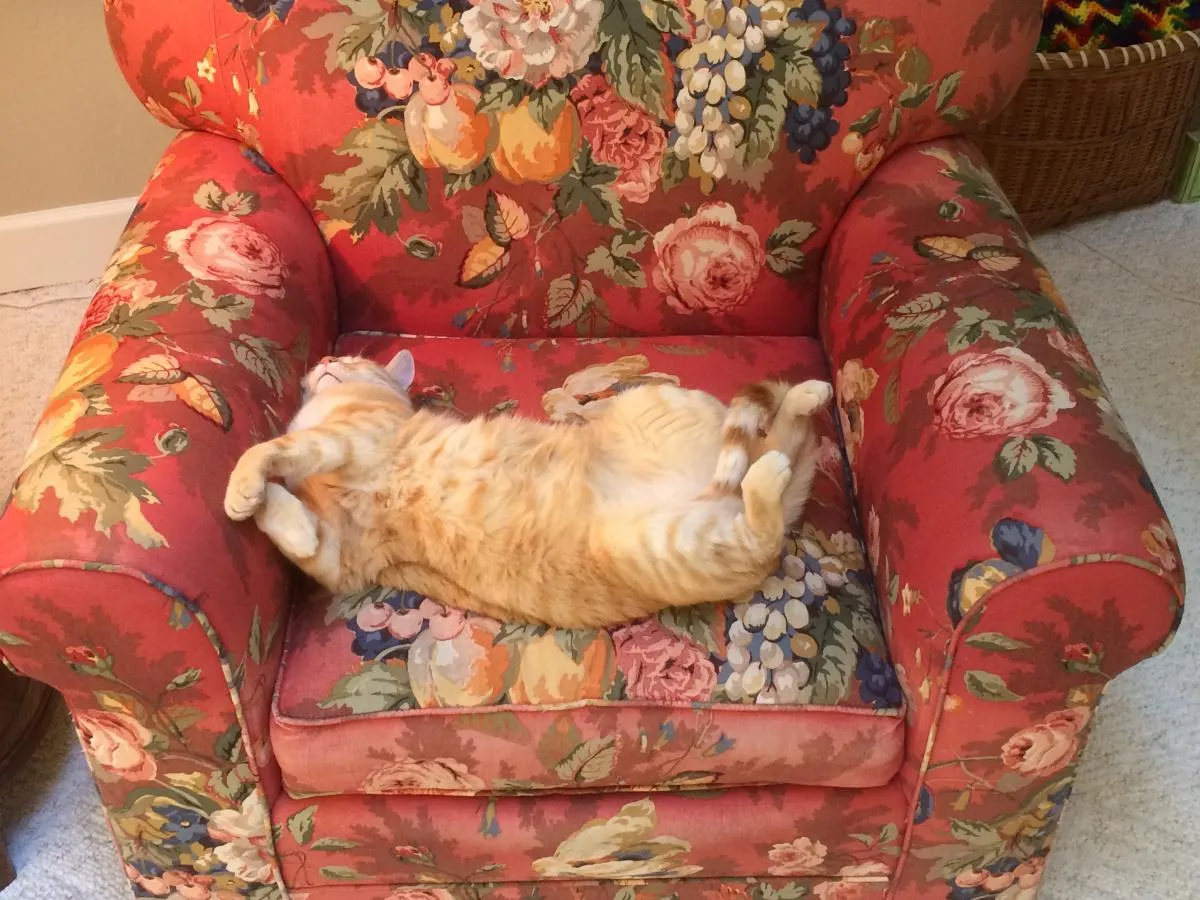
More I Cannot Wish You
You have to be close to my age to recognize the lyrics taken from Guys and Dolls, an influential movie of my childhood, a story for another day. How the song goes is something like, yes I can wish you riches and good luck, but
More I cannot wish you
Than to wish you find your own true love
Your own true love this day.
But when it comes to health, if I were to rewrite the song, I’d have to say instead:
More I cannot wish you
Than a good night of deep, sweet sleep
Today and every day.
My inspiration for such a definitive statement was a wonderful book I enjoyed (during a great week away over Christmas up on Whidbey Island) called Why We Sleep, written by Matthew Walker, Ph.D., a sleep researcher whose work has been interesting and readable even before he wrote the book. Even if you’re not a science buff, I would expect most people to enjoy this thoroughly readable book. I hope that this column will inspire you either to get enough sleep (job done!) or to read the book (after which you will certainly get enough sleep.) Meanwhile, let me share with you some of what I found so compelling in this book.
I think we can all agree that our brain holds a key position of responsibility for absolutely everything we do, consciously and unconsciously. Whether you’re thinking of yourself, your loved one, or others in your family: wouldn’t you love to optimize the brain’s ability to think, to be rational and creative, sensitive and fair, to make long-term plans and stick to them, to perform in athletic or creative endeavors? Step number one: get enough sleep.
Before you think you’re getting enough, you probably aren’t. The World Health Organization has declared an epidemic of sleep loss throughout the modern world. Not enough sleep can kill (you can go without food for longer than you can go without sleep; you can only survive for so long as those driving near you have had enough; etc.) Drowsy driving is more dangerous (sudden episodes of complete sleep) than drunk driving (slowed reaction time)! Every chronic disease risk is increased in those who don’t sleep “enough.”
All adult humans need seven to nine hours of time in bed, to get about eight hours of sleep a night. More in childhood and adolescence but think eight hours as a solid goal. Those eight hours should be good quality, with an intro of deep and out-of-awareness sleep, the second half you might be cycling in and out of deep sleep, with some dream periods thrown in. Tossing and turning do not count as sleep!
“Older people need less sleep,” has been common wisdom (sic) way past its time of reckoning. Older people have a generally harder time sleeping, but we don’t NEED less sleep. Just NOT TRUE.
Population studies in our modern world suggest most of the sleep lack comes from our busy lives: we just don’t leave ourselves enough time to sleep. Please change that!
If you give yourself the time, but can’t get the sleep you want, avoid any unnatural substance (anti-histamines, alcohol, sleeping pills) but opt for lifestyle measures and substances that the body just needs a little help with (tryptophan, melatonin, and a few others.) If you turn to my Solutions for Insomnia article here, you might notice that I’ve added a new tool: glycine.
The lifestyle measures sound superficial, but I guarantee you they are profound. Let’s just go over a few of them.
First stick to a sleep schedule cast in stone!! Get up at absolutely the same time every day. Not an hour later, or earlier: the same exact time. Every day. Go to bed at the same hour at least six days a week: if you’re up late one night, don’t change your morning wake-up time. Allow yourself a brief nap the next day, but not sleeping in.
Secondly, know that any of the following can wreck your sleep: alcohol, caffeine, and nicotine, anytime, and big meals and cups of tea in the evening. Exercise early is great, but finish a good 3-4 hours before bedtime. Get up from your nap by 3 p.m.
Manage your light exposure: keep your bedroom cool, dark, and free of electronics! Get as much natural sunlight in the morning as you can manage.
Turn off that mobile device—and that computer—an hour or two before bed, likewise with the TV. Settle in with a calm book in a dimly lit room. Schedule a bath into your evening.
And if you’re a teenager or the parent of a teenager, petition your school for a later start time! Even at the expense of shorter hours for curriculum, we’d have healthier, smarter, and happier teens if school started at 9 a.m. And do us all a favor: if you find yourself sleepy at the wheel (who hasn’t?), pull off, take a 20 minute nap, then take another 15-20 minutes to wake up, walk around, and see if you’re fit to drive again.
The only bad part about you all sleeping more is that it completely destroys my job security!

